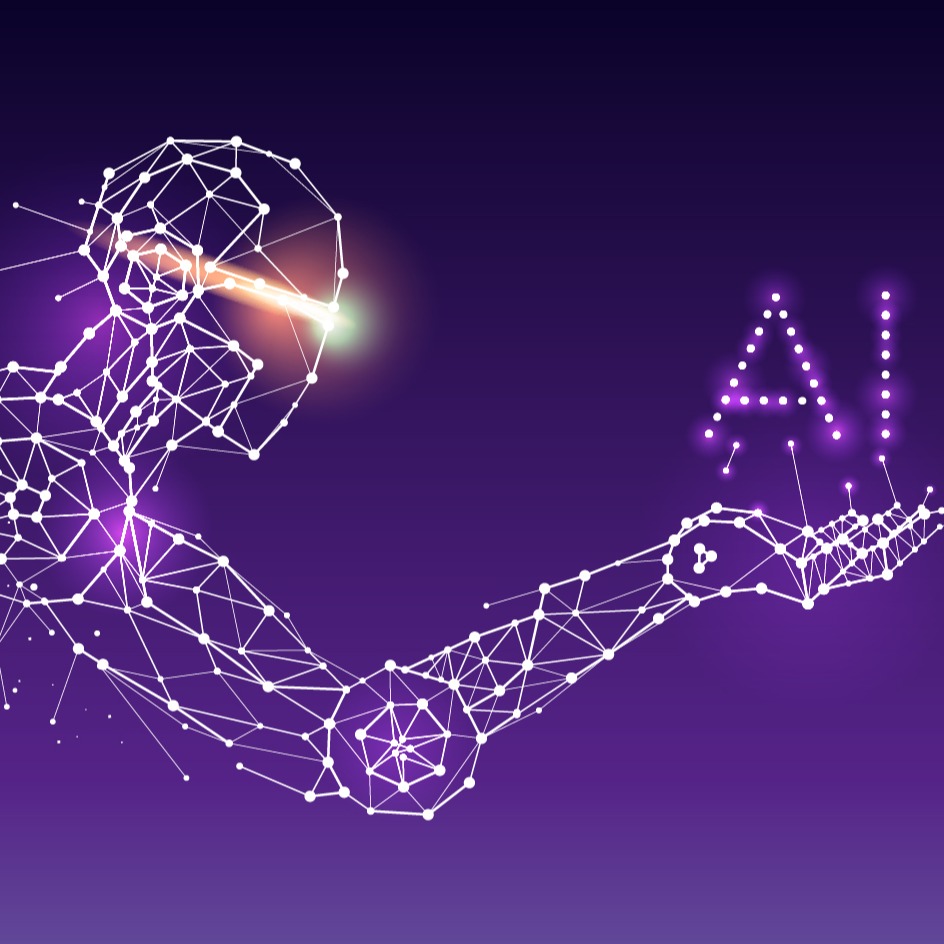JPMorgan Chase, the largest bank in the United States, has begun rolling out a generative artificial intelligence (AI) product to its employees, positioning it as a virtual research analyst.
The bank has introduced a large language model called LLM Suite to staff in its asset and wealth management division, according to an internal memo seen by the Financial Times.
The memo, signed by Mary Erdoes, head of JPMorgan's asset and wealth management business, Teresa Heitsenrether, chief data and analytics officer, and Mike Urciuoli, chief information officer of the asset and wealth management unit, described LLM Suite as a "ChatGPT-like product" for "general purpose productivity". The tool is designed to assist employees with writing, idea generation, and summarising documents.
"Think of LLM Suite as a research analyst that can offer information, solutions and advice on a topic," the memo stated. The bank has been introducing the tool to various departments since earlier this year, with approximately 50,000 employees – roughly 15 per cent of its staff – now having access to it.
JPMorgan developed the proprietary LLM in-house due to strict regulations in the financial services sector that prevent the use of consumer AI chatbots for work purposes. The bank's staff are not permitted to use external AI tools such as Anthropic's Claude, OpenAI's GPT, or Google's Gemini to ensure client data remains on secure servers.
This move represents one of Wall Street's largest implementations of an LLM, particularly one built in-house. It follows rival Morgan Stanley's partnership with OpenAI to utilise AI products for its wealth management business.
JPMorgan chief executive officer Jamie Dimon told investors in May that AI is "going to change every job". The bank's president, Daniel Pinto, has previously estimated the value from AI technology already in use at the bank to be between $1 billion and $1.5 billion.
While the rollout marks a significant step in the adoption of AI in the financial sector, it remains unclear whether LLM Suite has encountered challenges similar to other AI models, such as "hallucinating" or stating incorrect ideas as facts.
Latest News
-
Gemini to cut quarter of workforce and exit UK, EU and Australia as crypto slump forces retrenchment
-
Bank ABC’s mobile-only ila bank migrates to core banking platform
-
Visa launches platform to accelerate small business growth in US
-
NatWest to expand Accelerator programme to 50,000 members in 2026
-
BBVA joins European stablecoin coalition
-
eToro partners with Amundi to launch equity portfolio with exposure to ‘megatrends’
Creating value together: Strategic partnerships in the age of GCCs
As Global Capability Centres reshape the financial services landscape, one question stands out: how do leading banks balance in-house innovation with strategic partnerships to drive real transformation?
Data trust in the AI era: Building customer confidence through responsible banking
In the second episode of FStech’s three-part video podcast series sponsored by HCLTech, Sudip Lahiri, Executive Vice President & Head of Financial Services for Europe & UKI at HCLTech examines the critical relationship between data trust, transparency, and responsible AI implementation in financial services.
Banking's GenAI evolution: Beyond the hype, building the future
In the first episode of a three-part video podcast series sponsored by HCLTech, Sudip Lahiri, Executive Vice President & Head of Financial Services for Europe & UKI at HCLTech explores how financial institutions can navigate the transformative potential of Generative AI while building lasting foundations for innovation.
Beyond compliance: Building unshakeable operational resilience in financial services
In today's rapidly evolving financial landscape, operational resilience has become a critical focus for institutions worldwide. As regulatory requirements grow more complex and cyber threats, particularly ransomware, become increasingly sophisticated, financial services providers must adapt and strengthen their defences. The intersection of compliance, technology, and security presents both challenges and opportunities.
© 2019 Perspective Publishing Privacy & Cookies













Recent Stories